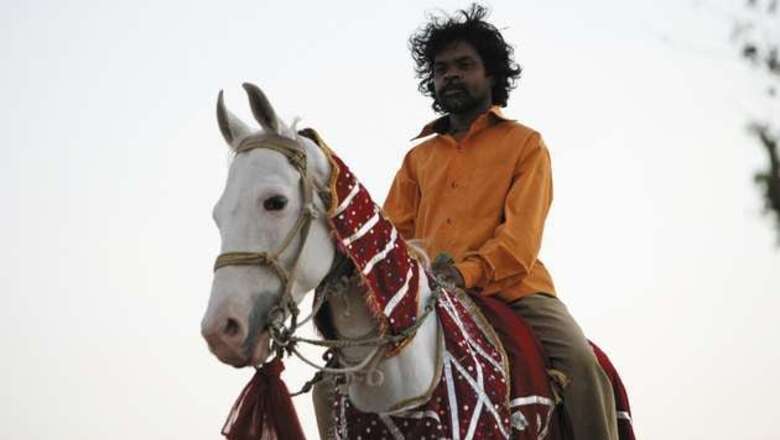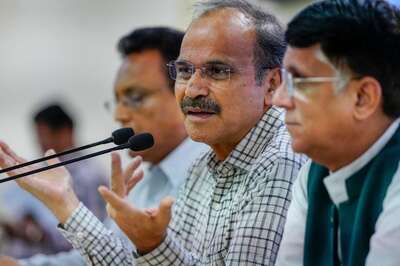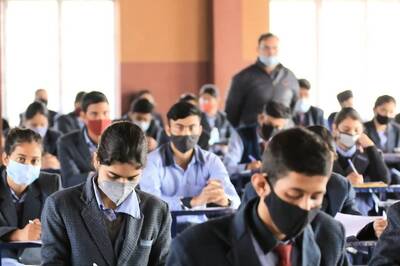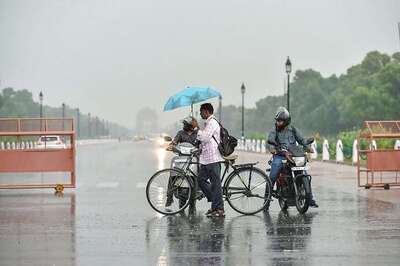
views
Kathmandu: As the audience wonders whether Natha, the poor farmer from Peepli village, will kill himself to save his family and land in Aamir Khan's latest hit production Peepli Live, it is much more than just a story in Nepal.
Peepli Live is alarmingly coming alive in the country, impoverished by centuries of exploitative kings and prime ministers, a series of failed governments and a 10-year civil war that has emptied out entire villages of young people.
As debutante director Anusha Rizvi's accolade-winning film opened in Nepal's theatres August 13, the nation, in a sombre coincidence, is mulling over two suicides that have shaken people already familiar with death, disaster and injustice.
The first occurred August 13 itself when a 35-year-old woman, abandoned by her husband and unable to provide for her two children, first threw them into a river to die and then set herself on fire.
The second suicide was still more stunning with the victim being the son of a peasant leader who had taken part in an earlier uprising in eastern Nepal.
Shambhu Rajbanshi killed himself in Nepal's tea garden district of Jhapa Sunday after years of frustration. Four months ago, his father Digendra Rajbanshi had hanged himself in the headquarters of the Communist Party of Nepal-Unified Marxist Leninist, Nepal's ruling party.
Digendra Rajbanshi, a member of the party, was a peasant leader who mobilised people during the popular uprising against Nepal's oligarchical Rana rule in 1950. He had been arrested and jailed for almost a decade.
But despite his contribution, the peasant leader's bitter complaint was that the party had abandoned him and others like him. He had been seeking a job for his son but to no avail.
While Nepal's media hailed Peepli Live as a film worth watching, veteran journalist and columnist Gunaraj Luitel said its message was meant for Nepal as well.
"The crisis is not just (for) Indian farmers," Luitel wrote in his weekly column in the Nagarik daily.
"The state of our farmers is no different. They work all through the year and yet their sweat doesn't even bring them enough to eat. The peasant is losing his rights to the giant corporations and big investors. He can't buy seeds and fertiliser at a subsidy and doesn't get a fair price for his produce."
"Yet there is no one to speak on his behalf. There are many villages called Piple in Nepal too and many farmers there are in the same plight."


















Comments
0 comment